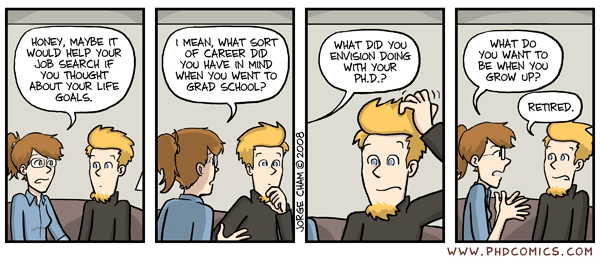
Keynoting at the Interactive Games PGR Conference
On Friday 18th July the third Interactive Games Postgraduate Research conference took place at York St. John University, hosted by Ph D student Caitlin Veal and the investigate.games group at YSJ, and it was my pleasure to be one of the invited keynotes for the conference.
The conference itself was a whistlestop tour through a wide variety of PGR presentations – with 10 minutes presentation time and 5 minutes Q&A for each participant, it was fascinating to absorb an array of ideas across the day. It’s always thought-provoking to see postgraduate research being presented, especially from a variety of disciplines. Sometimes interdisciplinary work can fall foul of a problem that game studies often faces – a sense that the researcher, coming from a different background, thinks that they are the only person ever to have researched the field (in this case, games). Such approaches are always unsatisfactory, leading to some wheel reinvention and a lack of meaningful engagement with the established discipline and scholarship of game studies. Fortunately, for the Interactive Games PGR conference this was not the case. The work presented was thoughtful and engaging, with researchers showing care, attention, and passion for their subject. I had questions for all of the presenters – so much so that I stopped asking during the Q&As, lest I become the time-hogging attendee everyone rolls their eyes at! Nevertheless, it demonstrates what an engaging event it was, and the success of Caitlin and the team in garnering such high quality interest in the conference.
For my keynote, I tried to think about what would be useful for a PGR student, which involved casting my mind back to those halcyon days…! I decided to discuss my use of posthumanism, both through my PhD project (completed in 2017) and beyond, to demonstrate how a centralised theory can focus ones intellectual identity. My keynote was (slightly ominously) titled “Posthumanism and Post-PhD: theory in the aftermath”.

I started by going through my PhD, and demonstrating how I explored the avatar-gamer relationship as one of posthuman subjectivity in my early autoethnographic work on World of Warcraft. In doing so, I showed how posthumanism was evident across all aspects of the thesis – the central focus, but also the methodology, and the application to different themed chapters. I then highlighted how, post-PhD, my publications history demonstrates an initial deviation from game studies. For me, this was an important opportunity to apply posthumanism to the wider field of media studies, considering how to expand my understanding of the theory through applications to fields of study I was less familiar with – such as reality TV, and music artists – as well as fields I felt could benefit from posthuman applications – such as zombie studies, and storytelling. As I explained to the Interactive Games audience, these publications allowed me both a break from my PhD study, whilst also offering a new challenge to consider how far I could take critical posthumanism through different thought experiments, methodologies, and contexts. Of course, before long I was back to games – my research has explored video games such as Beyond Good and Evil, Control, Red Dead Redemption: Undead Nightmare, My Friend Is a Raven, Stray, SCARS Above, Gris, and more. Across these different games I have explored the agential capacities of cutscenes, postdualistic treatments of gender, entangled species that disrupt a humanistic sanctity of self, and posthumanist understandings of materiality, morality and anthropomorphism. I wanted to show how different uses of critical theory (in my case, critical posthumanism) in game studies can allow a journey of continued philosophical challenge – exploring further concepts, games, and academic musings to build a career around.

When studying for a PhD, it can feel overwhelming to consider what comes next as a research project. In my opinion, if you’ve got a theory that excites you, you’re more likely to have too many answers than too few. As Karen Barad states:
“Doing theory requires being open to the world’s aliveness, allowing oneself to be lured by curiosity, surprise, and wonder. Theories are not mere metaphysical pronouncements on the world from some presumed position of exteriority. Theories are living and breathing reconfigurings of the world.” (Barad 2012)
I look forward to seeing how the presenters at the Interactive Games Postgraduate Research Conference 2025 continue to reconfigure the world in surprising and wondrous ways through their own engagements with theory.
